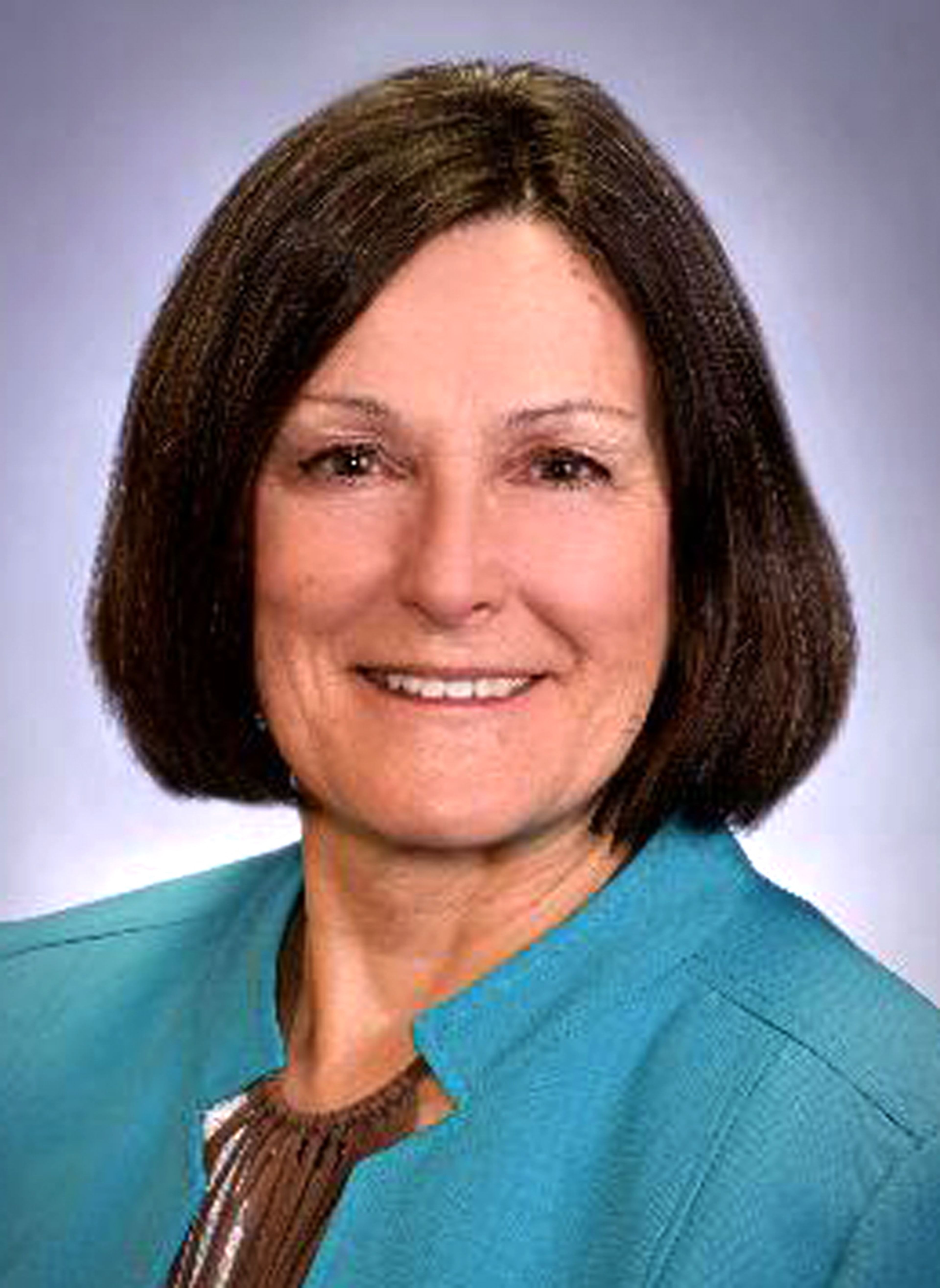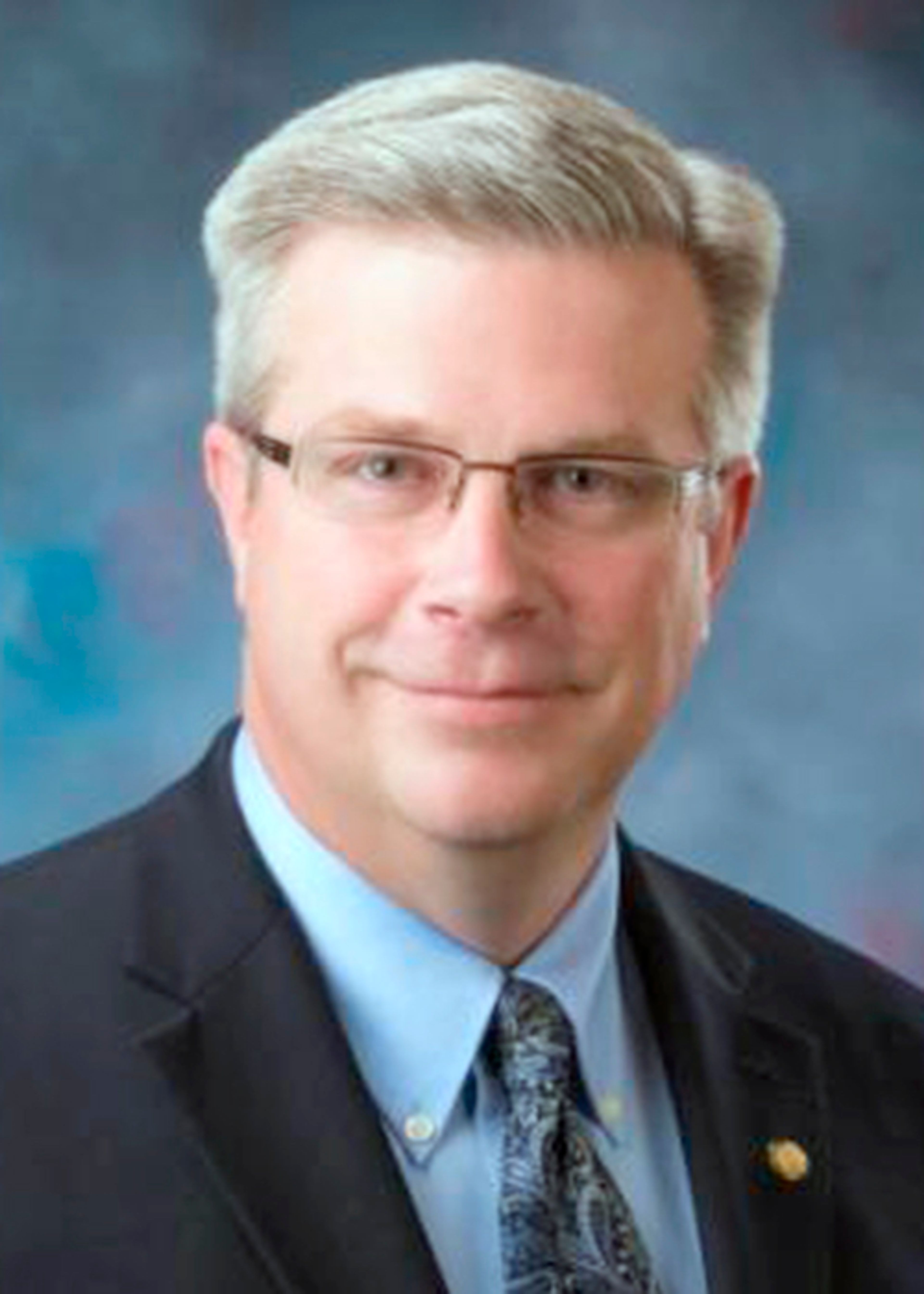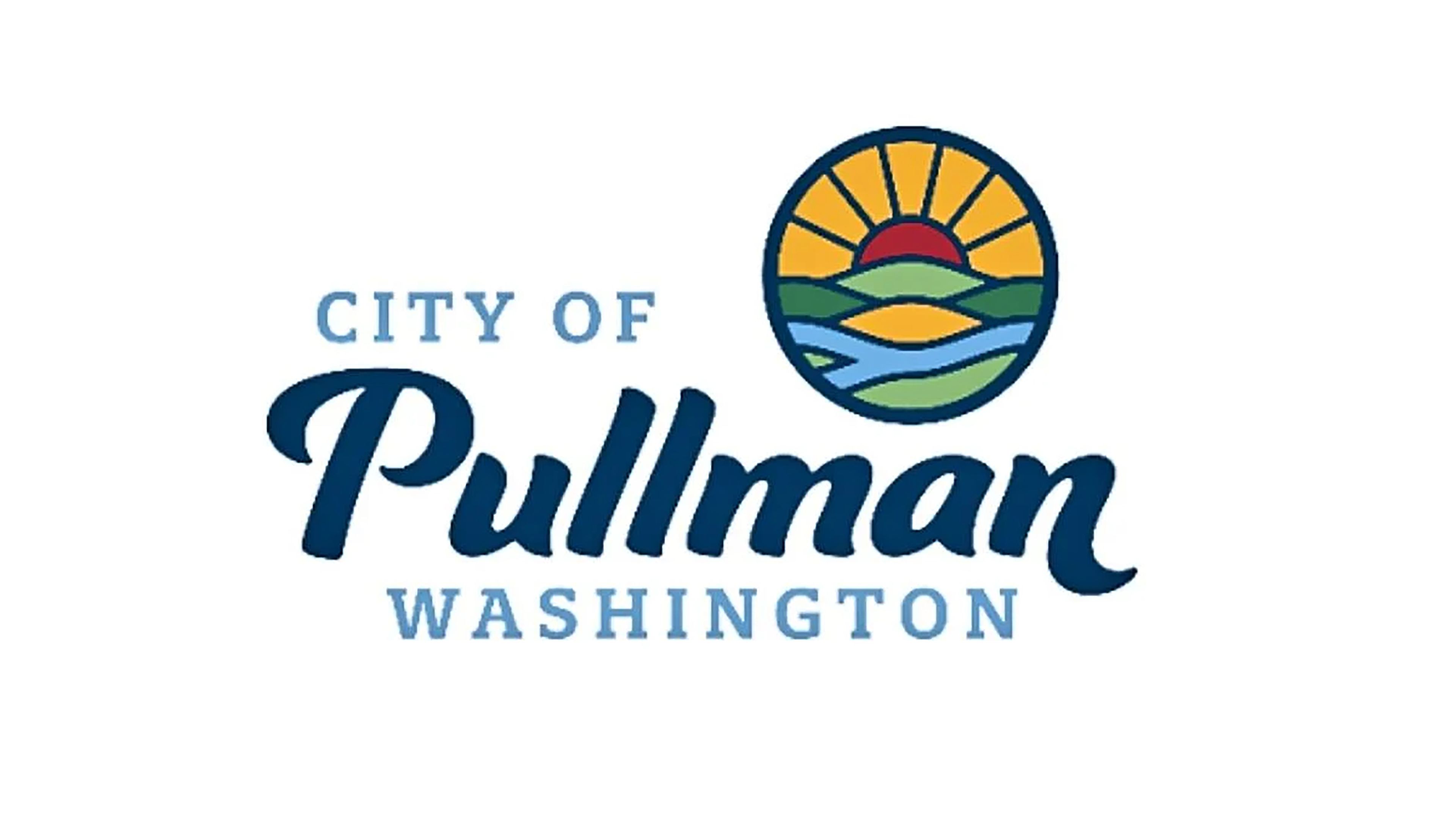Legislative task force looking at DEI and Idaho higher education
Group focusing on prevalence of ‘social justice ideology’ among colleges and universities in state
BOISE — A new legislative task force met for the first time Wednesday in an effort to determine the “prevalence and impact” of diversity, equity and inclusion (DEI), and social justice ideology in Idaho. The group focused on the state’s public higher education institutions.
The task force, with Sen. Todd Lakey, R-Nampa, and Rep. Judy Boyle, R-Midvale serving as co-chairpersons, heard a report from Legislative Services Office (LSO) staff regarding legislative and executive action both supporting or limiting DEI across the U.S., and on the state’s four public universities’ programs, facilities, personnel and courses.
Lakey told the Idaho Press he hopes the committee will either produce a report of findings or recommended legislation to ensure the universities are following state laws — and their intent — that prohibit any state funds from going toward “DEI activities.”
WHAT IS DEI?
Idaho has three laws limiting DEI that the LSO staff members looked at for compliance — SB 1176 is the 2023 appropriation bill that prohibited colleges and universities from using state funds to support “DEI or social justice ideology”; SB 1274 is a 2024 bill that prohibits the use of “diversity statements” in hiring at higher education institutions; and HB 734 was the 2024 appropriation that also prohibited the use of state funds for DEI activities.
The definition of what they were looking for when it came to diversity, equity and inclusion was unclear.
“When (LSO research analyst Casey Hartwig) and his team were asking me, ‘how do we define DEI?’ I said, well it wasn’t really defined in the letter, so let’s just try and pull what we think the members would be interested in,” Legislative services legal counsel Elizabeth Bowen told members.
The sole Democrat on the committee, Boise Sen. Melissa Wintrow, said she wanted further clarity on what the group was looking into.
“It’s important that we all understand what we’re talking about and really just be honest about what the goal is,” Wintrow said. “Because I think we all agree that discrimination is bad and we shouldn’t have it and we have certain offices to investigate that.”
Boyle responded that she believes the House and Senate leaders are asking the task force to “look at this as merit, not as the color of someone’s skin.”
Lakey said the meeting was meant to provide staff with more direction for their research for the legislators.
“I agree that we do have a challenge in trying to define what this diversity, equity and inclusion means, and if we’re looking at legislation, we need to put the right box around that,” Lakey said. “And I agree with my co-chair, what we’re talking about is primarily discrimination. Are these terms that are good in certain contexts, is this phrase being used as a vehicle for discrimination?”
FINDINGS
Hartwig presented his staff’s findings to the work group.
Since 2020, Idaho has passed at least three laws that fall within the DEI category, the report said, which appears to be the most of any state.
In January, the State Board of Education reported to the Legislature that the state’s four universities did not use state-appropriated funds for DEI activities, as required by state law.
The universities also reported that the student fees collected that may go toward these types of programs or activities are optional, so students may opt out of paying them.
The report included the budgets for Boise State University’s Gender Equity Center and Student Equity Center, which are paid through sources outside the state. Similarly, Idaho State University reported its outside sources for its Diversity Resource Center and Gender Resource Center; Lewis-Clark State College for its Native American, Minority, and Veterans’ Services and College Assistance Migrant Program; and University of Idaho for its Office of Diversity and Equity.
Hartwig said staff in August analyzed university job postings, and found one BSU, two ISU, and five UI postings that may include a diversity statement in hiring — these included postings where there was a requirement “for a diversity or similar statement or phrasing that might suggest preference is given to individuals with experience with diverse populations, building inclusive or welcoming environments, commitments to equity, or similar terminology,” according to the presentation.
Many of these were posted before the July 1 effective date of the law prohibiting this, Hartwig said. Another review Tuesday found no new postings with a diversity statement requirement, he said.
Staff also looked at required courses at the four schools and if any of them would fall under DEI. All of the schools have a general requirement that would fall under either diversity, equity or inclusion, but most of them have courses that fulfill the requirement that wouldn’t necessarily be in that category.
Hartwig told members that just BSU had a requirement that would fall under this category, but the university told the Idaho Press this requirement can be met by a variety of courses.
“All Idaho public four-year institutions offer required general education courses on the learning objective of ‘diversity,’ in the broad sense of the term. Boise State is no different,” BSU spokesperson Sherry Squires wrote in an email. “Boise State students fulfill that requirement by choosing a ‘Foundations of Ethics & Diversity’ course (UF200) from 33 different classes on a variety of topics, including Idaho history, free speech, sports film, sci-fi writing and more. Courses are taught by faculty from a variety of disciplines, including, for example, business, engineering, health sciences, history and sociology. Students choose the section/theme that best serves their educational goals. Because UF200 is not a prerequisite for any other course, students can take it any semester before graduation.”
A spokesperson for the State Board of Education confirmed this course description and its requirements were accurate.
Staff also looked at the accreditor of the state’s colleges and universities: the Northwest Commission on Colleges and Universities. Staff said “DEI” wasn’t listed as a standard, but an overview of the accreditation standards found that some standards may include elements of it.
For example, one standard states “institutions should have learning outcomes that include “global awareness, cultural sensitivity, scientific and qualitative reasoning, critical analysis and logical thinking …”
Sen. Ben Toews, R-Coeur d’Alene, questioned the fact that the accreditor’s website includes an “ethics and DEI statement.”
Bowen said she did a cursory look at the standards but told lawmakers it would be helpful to hear from someone at the commission to determine why the standards are there.
REQUESTS
Lawmakers made a number of requests to look into outcomes of DEI legislation in other states and to look beyond the words to ensure that universities were not just changing the terms to comply.
Wintrow also asked for historical context as to why other states passed laws or executive orders to advance DEI and what the potential positive outcomes or backlash to that was.
“We do have to try and eat this elephant one bite at a time, so to speak,” Lakey said.
The group is expected to meet again the first week of December.
Guido covers Idaho politics for the Lewiston Tribune, Moscow-Pullman Daily News and Idaho Press of Nampa. She may be contacted at lguido@idahopress.com and can be found on Twitter @EyeOnBoiseGuido.









